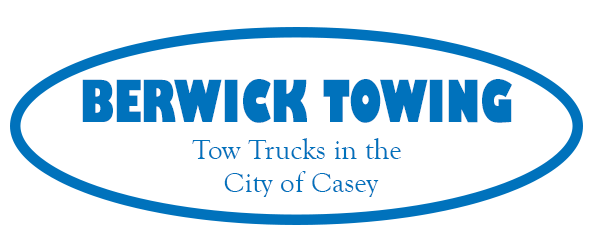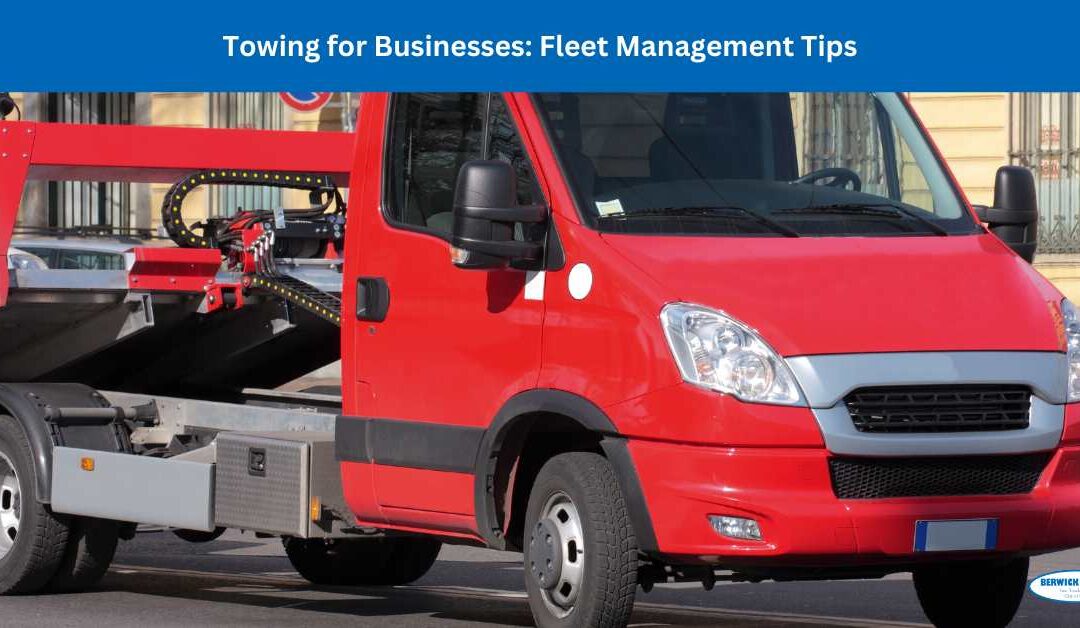Towing is an essential service for transporting vehicles, equipment, and cargo, but the efficiency and safety of towing depend heavily on proper maintenance. Both tow trucks and trailers must be in optimal condition to ensure smooth and secure transportation. Regular maintenance can help prevent breakdowns, avoid costly repairs, and reduce the risk of accidents. Whether you’re a towing professional or someone who uses a trailer for personal or business purposes, this comprehensive guide outlines the key aspects of towing and trailer maintenance that you should know.
Understanding the Importance of Trailer Maintenance
Maintaining a trailer is critical for ensuring the safety of the load being towed and preventing damage to both the trailer and the tow vehicle. Neglecting maintenance can lead to malfunctioning components, such as brakes or tires, that can pose serious safety hazards. Additionally, maintaining your trailer helps extend its lifespan, ensuring that it remains reliable over time. Regular inspections and preventive maintenance are the best ways to avoid unexpected issues and ensure that your trailer is safe for use.
Essential Components of Trailer Maintenance
There are several components of a trailer that require regular attention. These include the tires, brakes, lights, suspension, and the hitching system. Each of these parts plays a crucial role in the overall functionality and safety of the towing process. For the tires, regular checks are necessary to ensure they are properly inflated and have adequate tread depth. Worn or improperly inflated tires can lead to blowouts, which can be dangerous, especially when towing a heavy load. Tire condition is one of the most important factors for safe towing.
Brakes are another essential component. Trailer brakes are necessary for stopping the vehicle safely, especially when towing heavy loads. It’s important to inspect trailer brakes regularly for signs of wear or damage. For trailers equipped with electric brakes, the brake controller should be tested to ensure it is working properly, and the wiring should be checked for integrity. For trailers with hydraulic brakes, ensure the brake fluid levels are sufficient and that there are no leaks.
Lights and wiring are equally crucial for visibility and safety on the road. All lights, including brake lights, turn signals, and tail lights, should be checked regularly to ensure they are working properly. Faulty lights or wiring could lead to accidents or legal issues, as functioning lights are required by law for safety. Wiring should be inspected for any signs of wear or damage, and connections should be secure to prevent malfunctions.
The suspension system of a trailer absorbs shocks and ensures a smooth ride. Regularly check the suspension for damage, such as worn-out springs or bushings. A poor suspension can affect the towing experience, leading to an uncomfortable ride and potentially damaging the load being carried. In addition, the hitching system, which is the point of connection between the tow truck and the trailer, should be regularly inspected. Ensure that the hitch is securely fastened and that all parts, including the ball mount, coupler, and safety chains, are in good condition. A loose or damaged hitch can lead to serious accidents during towing.
Regular Inspections and Preventive Maintenance
Routine inspections are essential for identifying potential issues before they become major problems. Establish a regular schedule for inspecting your trailer and tow vehicle, and take note of any unusual sounds, smells, or changes in performance. Inspections should be thorough, covering all the components mentioned above, as well as checking for rust or corrosion on the trailer’s frame and chassis. Early detection of problems can save you time and money in repairs while keeping your equipment safe.
At least once a month, perform a quick visual inspection of your trailer. Check the tires for damage and ensure that all lights are functioning correctly. Make sure the hitch is securely connected and test the emergency brake to confirm it is in good working order. Once a year, schedule a more in-depth inspection with a professional mechanic or trailer service provider. This should include checking the brake system, suspension, tires, lights, and wiring for any wear, cracks, or damage that may not be visible during a standard inspection.
Seasonal Maintenance Considerations
The condition of your trailer can be affected by seasonal weather changes. Extreme temperatures, rain, snow, and salt on the roads can all contribute to wear and tear. Preparing your trailer for different seasons will help ensure its longevity and performance. In winter, cold temperatures can affect the performance of your trailer’s tires, brakes, and lights. Make sure the tires are properly inflated, and check the tread depth to ensure they can handle icy roads. Salt and other road treatments used during winter can cause rust and corrosion, so after winter use, wash your trailer thoroughly to remove any residue. Also, check the brake lines and wiring for any freezing or damage caused by the cold.
In summer, the heat can cause tires to overheat, increasing the risk of blowouts. Ensure the tires are properly inflated and check for any cracks or damage caused by exposure to the sun. The brake system and lights may also experience increased wear during hot weather, so give them extra attention during the summer months.
Proper Loading and Weight Distribution
One of the most important aspects of towing and trailer maintenance is ensuring proper loading and weight distribution. An improperly loaded trailer can be dangerous, affecting the stability of both the trailer and the tow vehicle. Overloading can cause tires to wear out quickly, damage the suspension, and lead to unsafe driving conditions. When loading your trailer, make sure the weight is distributed evenly, with about 60% of the load placed at the front of the trailer and 40% at the rear. This balance helps maintain stability and prevents swaying or fishtailing. Always avoid exceeding the trailer’s weight capacity, as this can cause damage to the vehicle and increase the risk of an accident.
Conclusion
Proper towing and trailer maintenance are essential for ensuring the safety, longevity, and efficiency of your towing operations. Regular inspections, seasonal maintenance, and attention to key components like tires, brakes, and the hitching system are crucial for preventing accidents and breakdowns. By following this comprehensive guide, you can keep your trailer in excellent condition and avoid costly repairs while maintaining a safe and reliable towing experience. Whether you’re using a trailer for personal or professional purposes, investing time in its upkeep will pay off in the long run, offering peace of mind and improved performance on the road.
If you are in Narre Warren, Victoria 3805, Australia, and looking for a car removal service, this is the best way to visit us.
Contact Us
Berwick Towing & Transport
27B William Rd
Berwick VIC 3806
(03) 7035 7815
www..berwick-towing.com.au/

